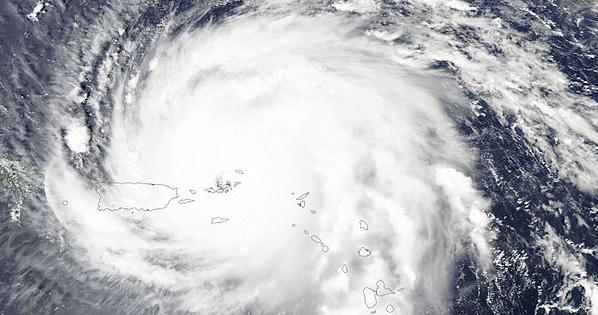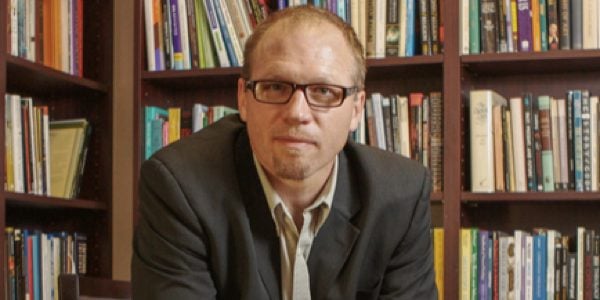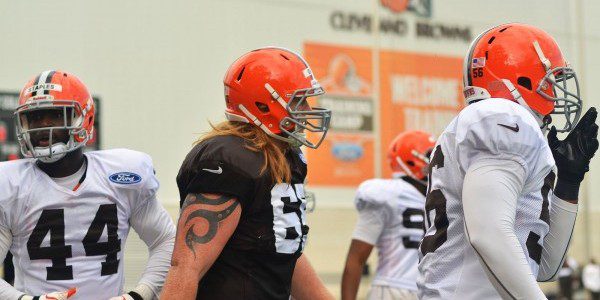Why Can’t Love Be Coercive?
I wrote a brief reflection recently, on Tom Oord’s very interesting book, The Uncontrolling Love of God, which has been posted at uncontrollinglove.com.

Most of the essays there agree with Oord’s theological perspective and are thinking along with Oord, with respect to how his theology of “essential divine kenosis” plays out in life.
My essay, though, raises a question about one of the key premises of Oord’s theology (and of process theism more generally).
Oord assumes that love, to be genuinely relational and other-centered, must be non-coercive.
I can see on the face of it why that seems obviously true. But is it necessarily and always true? Are there not times when the most loving action one might do is to coerce someone or something–in order to bring about a better outcome for that person or for the situation?
As a parent of two young children, I’m mindful of the many ways parents lovingly coerce children, for their own good. I’m not talking about disciplinary action here, but intervening and preventing children from doing harm to themselves or others. I would gladly prevent my 6-year old daughter from riding her bike suddenly into a busy intersection, even if that means coercion (over-riding her free will). I would also quickly intervene if my 4-year old son were about to “cannonball” into a deep lake by himself without a life jacket. These are examples of “loving coercion,” it seems to me.
But then the question is, if God does this kind of loving coercion, why not more often? Why not all the time? Why the seeming arbitrariness? If God could prevent any evil, why not prevent all of them? Why such selectivity–a question which hits the hardest for those who have personally experienced deep tragedies.
This is one of the hardest questions for theists who affirm God’s power in and with creation, in a more-or-less “traditional” sense.
As I said in my reply to a thoughtful question in the comments on the site:
I understand that, on the face of it, a conception of a God who cannot prevent an evil act from happening is fraught with less problems than a conception of a God who could prevent an evil act from occurring, but chooses not to.
But what if the issue is not that,
“God can’t (prevent this or that evil), therefore God won’t (prevent this or that evil),” but..
“God won’t (prevent this or that evil), therefore God can’t (prevent this or that evil)”?
While I affirm that God is everywhere and always “present,” I also believe that God’s divine interventions, “loving coercions,” within history and our lives are probably very occasional–perhaps even frustratingly sporadic.
But the limitations or restraint in God for preventing evils may not be metaphysical (as in Oord’s theology), but volitional. God chooses to self-limit, in order to allow for more creaturely freedom and relative autonomy within creation. This divine self-limitation shapes God’s action with respect to evil and suffering.
So, for me, the problem of apparent arbitrariness in God’s action remains.
But because the limitation in God is volitional and not metaphysical, we can retain a hope that God eventually will intervene in a big way, to overcome evil. I think this (Moltmannian) view is preferable to Oord’s process theism because, while there are more problems on “this side” (i.e. why doesn’t God prevent evil more often?) there are fewer problems on the “next side.”
There is a theological ground for hoping in the eventual overcoming of all evil.
For me, this is what it means to see God through the prism of the cross and resurrection. We know the cross. And we feel and experience the hurt, the pain, the death, the evil, in this life. We are in the midst of “Holy Saturday.” And God is with us now, primarily in and through the darkness of the cross and the despair of the tomb.
We await the resurrection. But our mode of waiting is shaped by the hope that it’s already, actually happened–in Jesus.
















